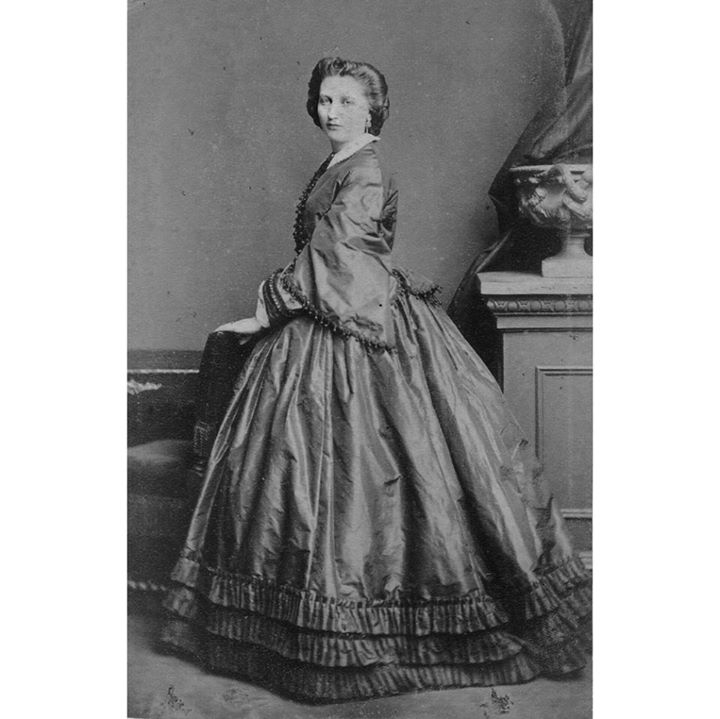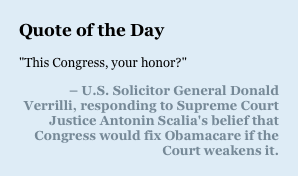Rant derived from a comment on a friend’s Facebook post:
“Actual innocence” is basically a defense strategy once you get to the appellate level, which is one of the truly ridiculous side effects of a criminal justice system that focuses on burden of proof rather than guilt/innocence.
It is generally accepted among police and prosecutors that a “not guilty” verdict does not equate to “innocence”—it just means that the state didn’t meet its burden of proving guilt beyond a reasonable doubt. Yet thanks to uncreative word usage, a “guilty” verdict is construed by police and prosecutors to mean that the person actually committed the offense (i.e. is “guilty”), not just that the state met its burden of proof. Appellate courts then look at it more as a question of whether the state broke any rules or the trial court made any errors, and not whether the defendant actually committed the offense.
In a purely procedural, theoretical sense, it’s a great system. It works perfectly for jurists like Scalia, who seems oblivious to the presence of complicated human beings within the system.
The most bizarre side effect, IMHO, is the ability of courts to use acquitted conduct as evidence at sentencing, because the burden of proof for factors to be applied at sentencing is “preponderance of evidence” (proof that something more likely than not happened) as opposed to “beyond a reasonable doubt.” There was a recent case of several defendants who were convicted of drug distribution, but acquitted of conspiracy to distribute. The trial court applied enhanced sentences based on the drug distribution conspiracy—the very same activities for which the jury had just acquitted them. The appellate court said this was fine because (a) the enhanced sentence was only for the distribution conviction, and (b) the state had met the “preponderance of evidence” burden re: conspiracy, just not the “beyond a reasonable doubt one.”
tl;dr – In the criminal justice system, “not guilty” and “innocent” are two separate concepts. The antonym for both terms is “guilty,” but the system doesn’t really trouble itself with making a distinction there.





![By chensiyuan (chensiyuan) [GFDL (http://www.gnu.org/copyleft/fdl.html) or CC BY-SA 4.0-3.0-2.5-2.0-1.0 (http://creativecommons.org/licenses/by-sa/4.0-3.0-2.5-2.0-1.0)], via Wikimedia Commons By chensiyuan (chensiyuan) [GFDL (http://www.gnu.org/copyleft/fdl.html) or CC BY-SA 4.0-3.0-2.5-2.0-1.0 (http://creativecommons.org/licenses/by-sa/4.0-3.0-2.5-2.0-1.0)], via Wikimedia Commons](http://crypticphilosopher.com/wp-content/uploads/2015/03/800px-Yosemite_valley_tunnel_view_2010.jpg)
![By Rob Sinclair (Flickr: Cleveland by night) [CC BY-SA 2.0 (http://creativecommons.org/licenses/by-sa/2.0)], via Wikimedia Commons By Rob Sinclair (Flickr: Cleveland by night) [CC BY-SA 2.0 (http://creativecommons.org/licenses/by-sa/2.0)], via Wikimedia Commons](http://crypticphilosopher.com/wp-content/uploads/2015/03/Cleveland_by_night.jpg)
![milk typography by johnnyhuynen [CC BY-ND 3.0 (http://creativecommons.org/licenses/by-nd/3.0/)], via DeviantArt milk typography by johnnyhuynen [CC BY-ND 3.0 (http://creativecommons.org/licenses/by-nd/3.0/)], via DeviantArt](http://crypticphilosopher.com/wp-content/uploads/2015/02/milk_typography_by_johnnyhuynen-d2zl0vu.jpg)